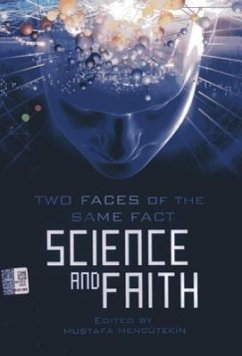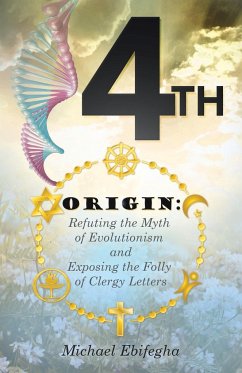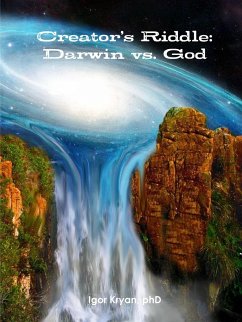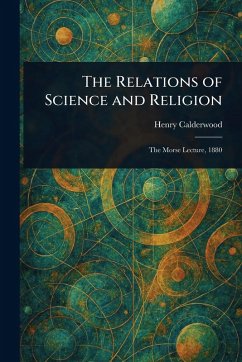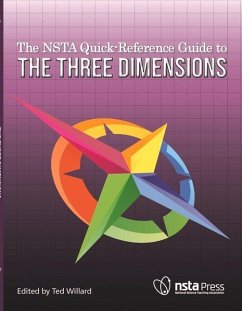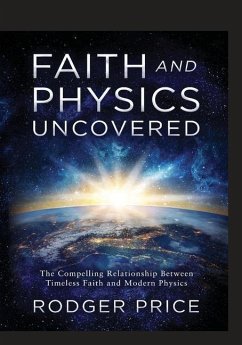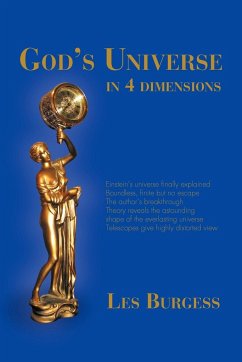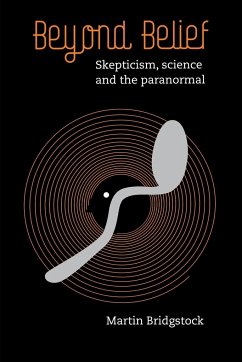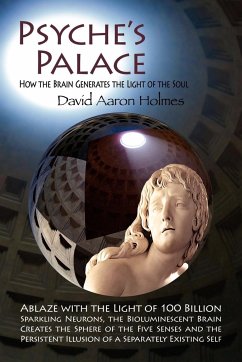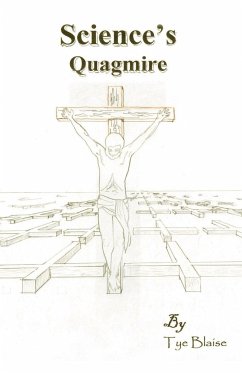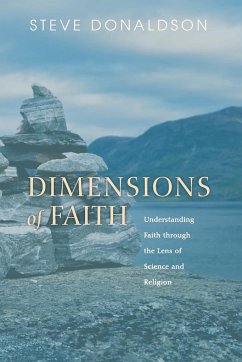
Dimensions of Faith
Versandkostenfrei!
Versandfertig in 1-2 Wochen
30,99 €
inkl. MwSt.
Weitere Ausgaben:

PAYBACK Punkte
15 °P sammeln!
In Dimensions of Faith, cognitive scientist Steve Donaldson takes readers on a journey from the world of assumptions, set minds, widely varying beliefs, and popular misconceptions to an understanding of the true essence and role of faith as the natural and inevitable product of brains. Using numerous illustrations and examples, Donaldson shows how faith is necessitated by a variety of unavoidable limitations, exposes the myth of a divide between faith and critical thinking, provides practical advice for crafting coherent beliefs, and explains why there can never be such a place as "Factland." ...
In Dimensions of Faith, cognitive scientist Steve Donaldson takes readers on a journey from the world of assumptions, set minds, widely varying beliefs, and popular misconceptions to an understanding of the true essence and role of faith as the natural and inevitable product of brains. Using numerous illustrations and examples, Donaldson shows how faith is necessitated by a variety of unavoidable limitations, exposes the myth of a divide between faith and critical thinking, provides practical advice for crafting coherent beliefs, and explains why there can never be such a place as "Factland." Along the way he takes a special look at religious faith--evaluating its attributes, exploring its relation to other manifestations of faith, investigating whether God has done his job well enough to warrant the faith placed in him, and pondering how truth seekers can sometimes end up in very different places.





